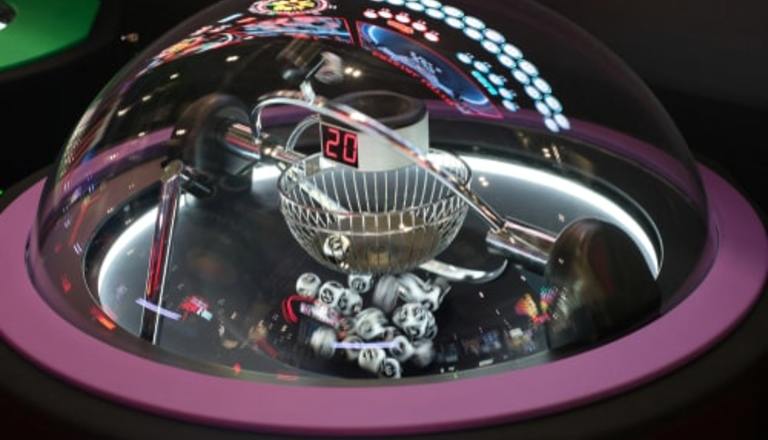
Mistakes in the lottery and how they are regulated
As one of the most regulated industries on the planet, the gaming industry is overly obsessed with ensuring that all gaming, including lotteries, are conducted with public perception in mind to provide a totally honest and transparent entertainment activity. However, even the most tightly controlled industry can suffer from electronic and human error. It is rare, but it has happened.
All sorts of errors can occur with lottery draws and tickets. Almost all of them gett caught before they get to the consumer level. Errors can range from in-house with the operator or regulator, at the retail level with lottery ticket retailers, to the suppliers of gaming equipment.
In-House Errors
In-house errors might happen when a ball used in a draw is discovered to be out of regulatory allowances compared to the other balls in the draw group during routine or unscheduled examinations and audits. Another error occurs when a lottery is held at another time or date than what is normal or advertised. Retailer errors can consist of misprinted tickets due to computer problems with the main server itself, with a retailer’s computer, or incorrectly input draw data. Supplier errors could involve the omitting of one or more prizes on scratch tickets, misprints on both scratch tickets and lottery ticket paper, or overweight or underweight balls, or problems with creation or processing equipment.
One issue that can occur in all three stages of a lottery draw, the supplier, the retailer, and the operator, are duplicate tickets being generated for one draw or scratch game. This is not an issue with lottery draws themselves as both players and the computer system can generate tickets with the same numbers on them due to human and random chance for number generation. However, with scratch tickets, a duplicate ticket should not exist as there are a limited amount of prizes to be won.
Investigating Errors
When an error is detected, the investigation moves fast. The actual lottery draw itself or scratch ticket game, will be declared null and void, players are told to hold on to their tickets, and an investigation is started. Draws will be placed on hold, remaining scratch tickets will be secured from retailers, and investigators from the gaming regulator will work with operator management to discover what happened, what the results were, how it happened, and how to prevent it from happening again in the future. Investigators will talk to anyone involved; employees, supervisors, managers, and directors. Talks will happen with both the gaming operator and the gaming supplier.
If it is deemed an actual legitimate error, either electronic, manual, or human, the error is fixed, the game either cancelled and held again, or tickets declared valid for the next draw, and gaming allowed to continue. Individual or corporate fines may be issued as punishment. If any type of criminal activity is suspected, law enforcement will be brought in and criminal charges could be laid against a person or persons, or laid against the guilty corporation as a whole.
The only upside to errors either accidental or on purpose is that once it is determined what has happened, security or audit measures are put into place to address the cause and ensure it does not happen again. This maintains transparency with all stakeholders, form the regulator to the general public.
If you ever find yourself in a situation with your lottery tickets in which an error has been declared for investigation, hang tight and don’t throw away your tickets. Once the investigation is over and everything gets back to normal, your tickets will be honoured for that draw, valid for the next draw, or some other action to ensure you get the chance you paid for.
